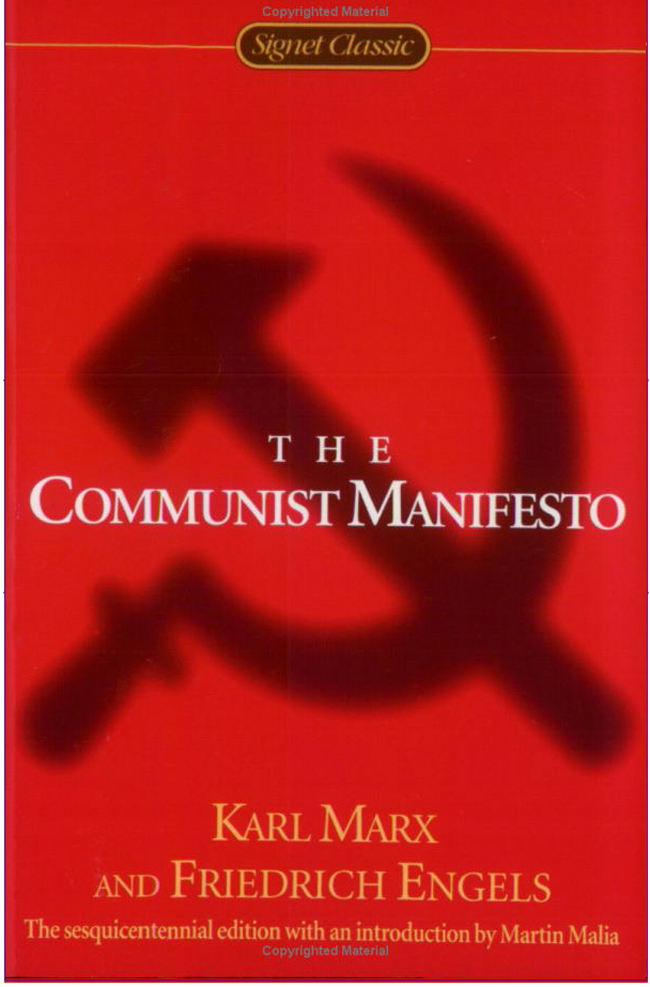Has Uncle Sam's Financial Meltdown Begun?
 The Financial Times continues to report on the concern held by the world's economic rulers concerning the long-term sustainability of the dollar and, with it, the current incarnation of global capitalism managed by Uncle Sam's Treasury Department & Federal Reserve, the EU and its central banks, and neoliberal economic institutions like the World Bank and the IMF. Over the last few days, this tension has made itself manifest among the global economic elite in several places.
The Financial Times continues to report on the concern held by the world's economic rulers concerning the long-term sustainability of the dollar and, with it, the current incarnation of global capitalism managed by Uncle Sam's Treasury Department & Federal Reserve, the EU and its central banks, and neoliberal economic institutions like the World Bank and the IMF. Over the last few days, this tension has made itself manifest among the global economic elite in several places.As oil reaches $75/barrel, concern continues to mount in oil-importing economies that a continued escalation in dead-energy prices could blunt economic growth - the lifeblood of capitalism - and precipitate a recession.
But the inflated cost of oil is but one cause for alarm among the world's economic managers - particularly those living on Uncle Sam's Plantation. In a striking Financial Times piece on 21 April, Steve Johnson writes of the moves taken by the economic order throughout the world to move away from the dollar as their reserve currency, pointing to its inherent instability:
The US dollar suffered a terrible week, hitting a seven-month low against the euro, as the market wondered what would support the currency when monetary tightening had run its course....In response to the inherent instability of a global economy sustained by debt, the IMF has begun to raise serious questions about the long-term sustainability of dollar-based global capitalism. A piece written on 20 April for the Financial Times by Krishna Guha and Scheherazade Daneshkhu begins:
Strategists’ minds were already turning to what might drive the market once US yield support dissipates. According to most, the future looks ugly for the greenback with the huge US current account deficit seen casting its shadow once more....
Sweden’s Riksbank said it had slashed the proportion of dollars in its reserves from 37 to 20 per cent, pushing its euro holdings up to 50 per cent.
Alexei Kudrin, the Russian finance minister, said at the G7 summit in Washington that the dollar was not the "absolute" reserve currency and that the US external deficit could affect the dollar’s reserve status in the future.
The dollar fell 1.8 per cent over the week to $1.2339 to the euro, 1.7 per cent to $1.7821 against sterling and 1.4 per cent to Y116.93 against the yen....
The South Korean won hit Won944.1 to the dollar, its highest level since the 1997 Asian crisis, amid strong foreign demand for Korean equities and a strengthening Chinese renminbi.
The International Monetary Fund on Wednesday stepped up the pressure for far-reaching shifts in exchange rates, declaring that the dollar will have to depreciate “significantly” over the medium term if global economic imbalances are to be resolved in an orderly fashion.As an alternative to the current economic system predicated on dollar hegemony, the IMF has proposed reducing the influence of Uncle Sam's economic rulers and their European vassals within the body and giving elites in 'emerging' economies like Brazil, China and India a greater say in steering IMF policies.
A dramatic devaluation of the dollar and dramatic rise in the economic power of 'growing' economies throughout the world would no doubt put increasing strain on diplomatic relations between the so-called 'developed' and 'developing' world. And, much as they did in 1910-1914, these developments would almost invariably lead to economic crisis and war on a massive scale.
I do not mean to suggest that the system(s) replacing what Peter Gowan calls the 'Dollar-Wall Street Regime' would allow for the improvement or worsening of material conditions among the world's population - only that a radical realignment of the world economy looms out of which massive change will occur.
And, especially given the crisis of leadership the permeates the whole world, it is pure folly to believe that such a seismic realignment can occur without warfare or bloodshed on a massive scale. In other words, the cataclysm is pre-ordained. Too many wealthy people with too many guns have too much to lose. Which explains why those people - the Cheneys and Olmerts, the Putins and Ahmadinejads - have drawn up sides.
We who stand against explotation must concern ourselves chiefly with opposing this brutal system and the killers who manage it. We must oppose by any means necessary those who defend a system whose only product is crisis and focus like lasers on forging alliances with others used and objectified by it. Only in doing so can we emerge from the pending conflagration with a world worth populating.







<< Home